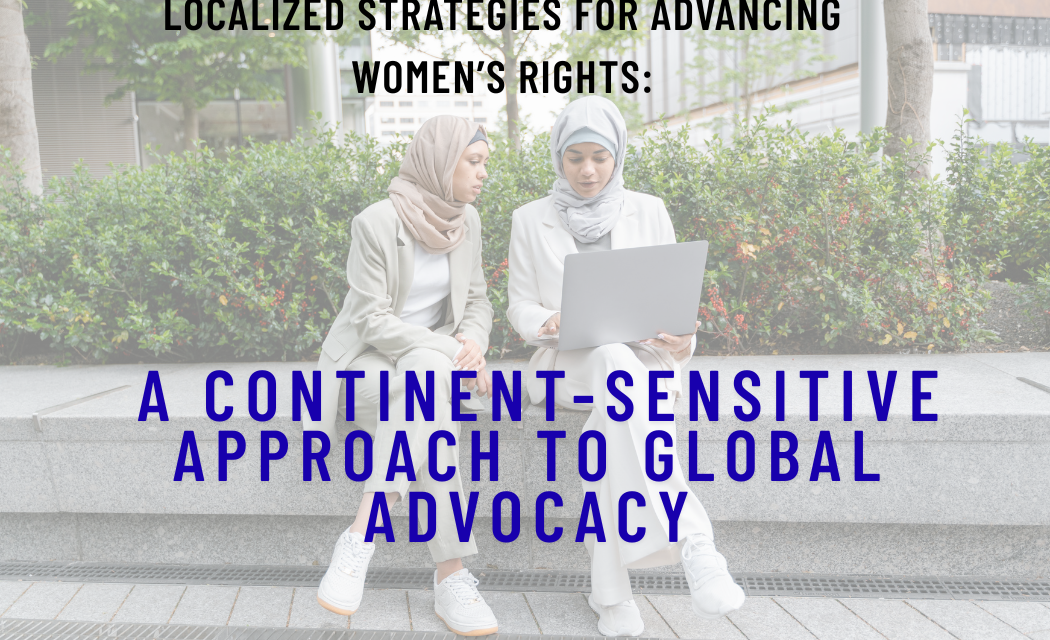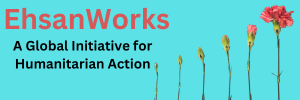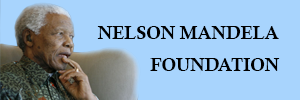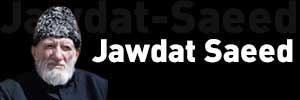In Virginia, Mr. Moujtaba Akhwand, Director of Freemuslim convened with leaders of women-centered human rights organizations to underscore the urgent need for a continent-sensitive approach to advancing women’s rights globally. He emphasized that strategies effective in Europe and North America—such as workplace equality, reproductive rights, and legal protections—must differ substantially from those needed in other regions. In places like the Middle East and Africa, where fundamental rights such as access to education, personal dignity, and freedom from violence remain precarious, the advocacy agenda must begin with establishing basic human rights infrastructure. Conversely, in the Global North, efforts should be more tailored to refining and expanding existing frameworks that target systemic inequalities.
Mr.Akhwand also called for localized, community-driven action as the most effective path forward. He argued that lasting change happens when strategies are built upon local norms, resources, and leadership. For instance, Afghanistan’s situation under the Taliban demonstrates that centralized or externally imposed programs falter without grassroots support—from clandestine schooling networks to locally led judicial advocacy PubMed CentralLSE Public Policy ReviewBrookings. Similarly, across the Middle East and North Africa, despite improvements in female education, progress in labor force participation and scientific research remains uneven, requiring localized policy reforms that address cultural and structural barriers PubMed CentralarXiv. Mr. Akhwand’s message was clear: even the most well-intended efforts must be contextualized and community-led to be successful.
Finally, drawing attention to disturbing global trends, Mr. Akhwand noted that women’s rights are deteriorating in multiple regions, demanding fresh scrutiny. In Afghanistan, educational and civic freedoms have sharply declined since 2021, with bans on secondary and higher education and a crackdown on health services and civic participation PubMed CentralLSE Public Policy ReviewBrookings. Economic setbacks are compounded by systemic repression, including the weaponization of the legal system and suppression of women’s organizations BrookingsHuman Rights WatchAP News. These developments underscore the imperative for a “new magnifying lens” in advocacy—a tool that refocuses attention on localized, ground-level realities and leverages local partnerships to reclaim and expand rights.
References
-
Basir Ahmad Hasin, Mir Mohammad Ayoubi & Nasar Ahmad Shayan, Challenges and prospects: women’s education in contemporary Afghanistan, Frontiers in Global Women’s Health (2025) PubMed Central
-
Nargis Nehan, The Rise and Fall of Women Rights in Afghanistan, LSE Public Policy Review (2022) LSE Public Policy Review
-
Brookings Institution, The fate of women’s rights in Afghanistan Brookings
-
Maria Baliamoune-Lutz & Mark McGillivray, The impact of gender inequality in education on income in Africa and the Middle East, Economic Modelling (2015), and Jamal El-Ouahi & Vincent Lariviere, On the lack of women researchers in the Middle East & North Africa (2022) PubMed CentralarXiv
-
Human Rights Watch, The Fragility of Women’s Rights in Afghanistan (2021) Human Rights Watch
